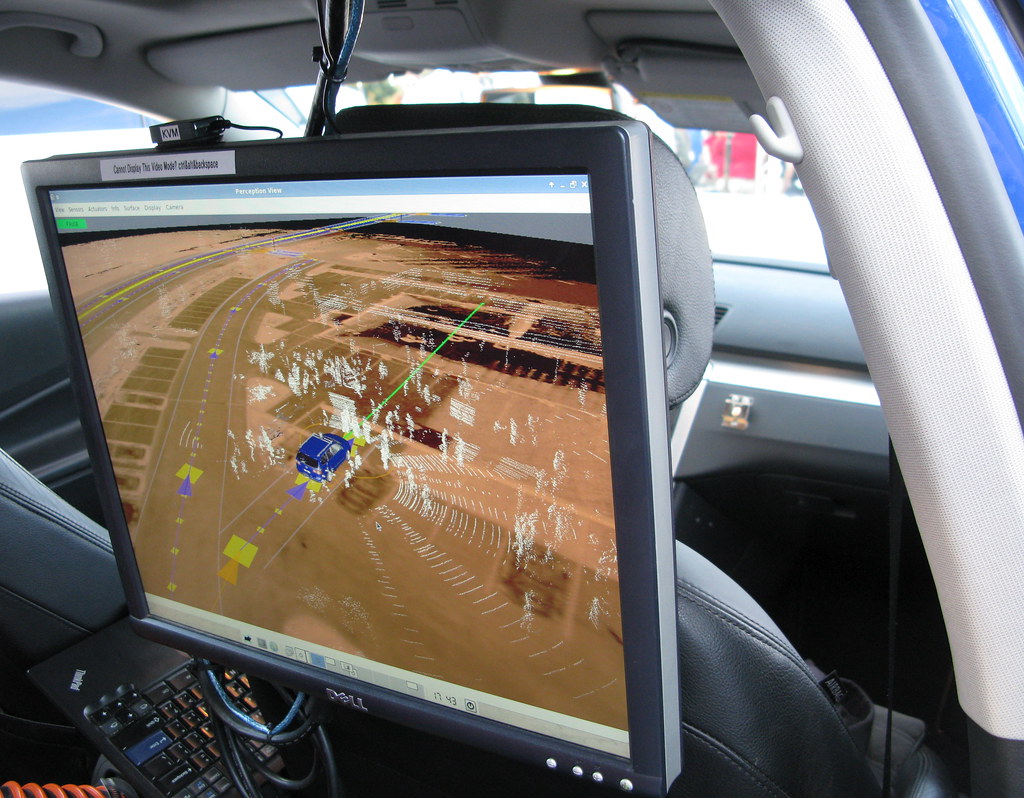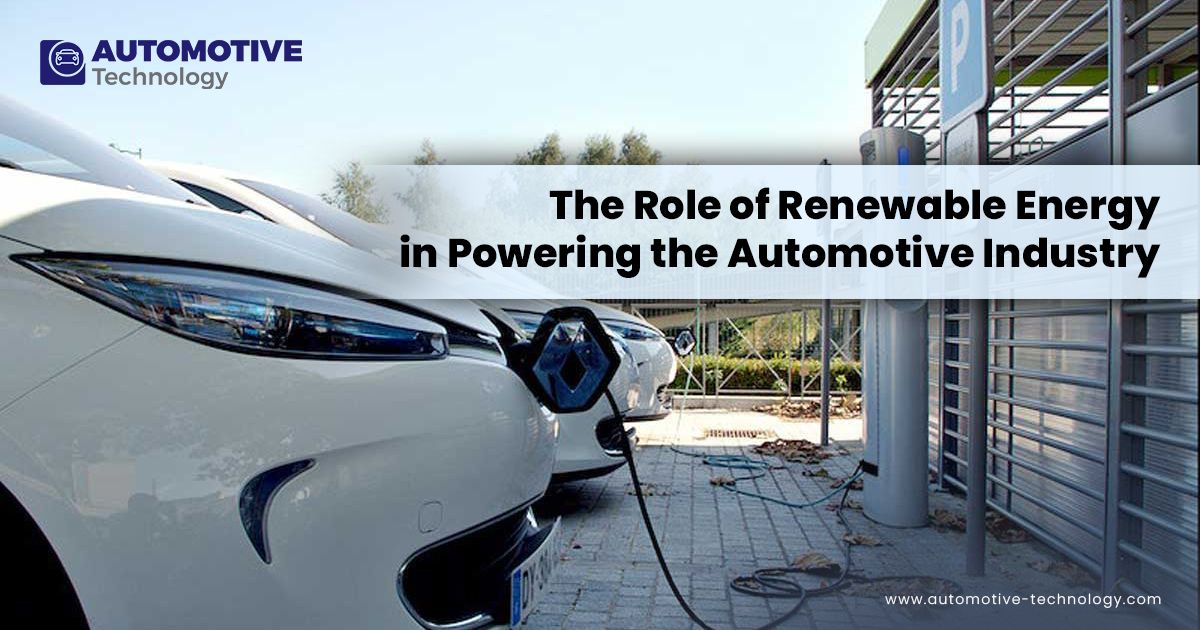
The promise of automotive innovation has long been synonymous with freedom, a cherished symbol of open roads and personal liberty that has shaped generations of drivers. For many, a car represents more than just a mode of transport; it’s a private sanctuary, a space for personal conversations, emotional moments, and journeys undertaken with an unspoken expectation of discretion. This deeply ingrained perception, however, is rapidly colliding with a stark and unsettling reality in the digital age, challenging the very notion of privacy behind the wheel.
Today’s vehicles are no longer merely mechanical conveyances; they are sophisticated, internet-connected machines, veritable “computers on wheels” that are constantly observing, recording, and transmitting an astonishing array of personal data. This profound technological leap, while offering unparalleled convenience and enhanced safety features, has inadvertently transformed our cars into pervasive data harvesters. Experts are now unequivocally calling them a “privacy nightmare on wheels,” a term that vividly captures the extent of the surveillance now embedded in our daily commutes. The sheer volume and intimate nature of the information being collected—from granular details of your driving habits to your most sensitive personal details—far surpasses even that gathered by our ubiquitous smartphones, forcing a critical re-evaluation of what privacy truly means in this evolving automotive landscape.
A groundbreaking report from the Mozilla Foundation’s Privacy Not Included project has unveiled the staggering extent of this automotive surveillance. The findings paint a grim picture where not a single car brand reviewed met basic privacy safety standards, a universal failing unprecedented in the project’s history. This comprehensive analysis highlights an industry where data collection appears boundless, where consumer consent is often an afterthought, and where the lines between necessary operational data and deeply personal information have become dangerously blurred. As we navigate this new era of connected vehicles, understanding precisely what data our cars are collecting and its profound implications is no longer a luxury, but an absolute necessity for anyone who values their personal privacy.

1. **The Ubiquitous Data Harvesters: Cars as “Computers on Wheels”**Modern automobiles, far from being simple mechanical devices, have rapidly evolved into complex “computers on wheels,” or even “robots on wheels,” as Jen Caltrider, the lead at Privacy Not Included, aptly describes them. These technological marvels are equipped with an extensive array of sensors, microphones, and cameras, meticulously designed to track nearly every aspect of a driver’s and passenger’s experience. This pervasive surveillance extends well beyond mere navigation or infotainment, delving into incredibly detailed metrics about how we interact with our vehicles and the world around them, often without our explicit awareness.
These integrated systems possess the capability to record not only your precise location and destination but also granular details such as your speed, how you’re moving your body, your weight, and even the number of people occupying the vehicle. Cameras facing both inwards towards the cabin and outwards towards the road constantly capture footage, while integrated microphones are perpetually listening, potentially recording conversations. As Misha Rykov, a PNI Researcher, vividly points out, “They can hear you, see you, and track you.” This comprehensive data collection impacts not just the driver but also unsuspecting passengers and even nearby pedestrians, fundamentally altering the perception of a car as a private space. Sitting in a modern car has become alarmingly akin to “handing your phone over to the auto manufacturer,” subjecting oneself to an unprecedented and largely unregulated level of observation.
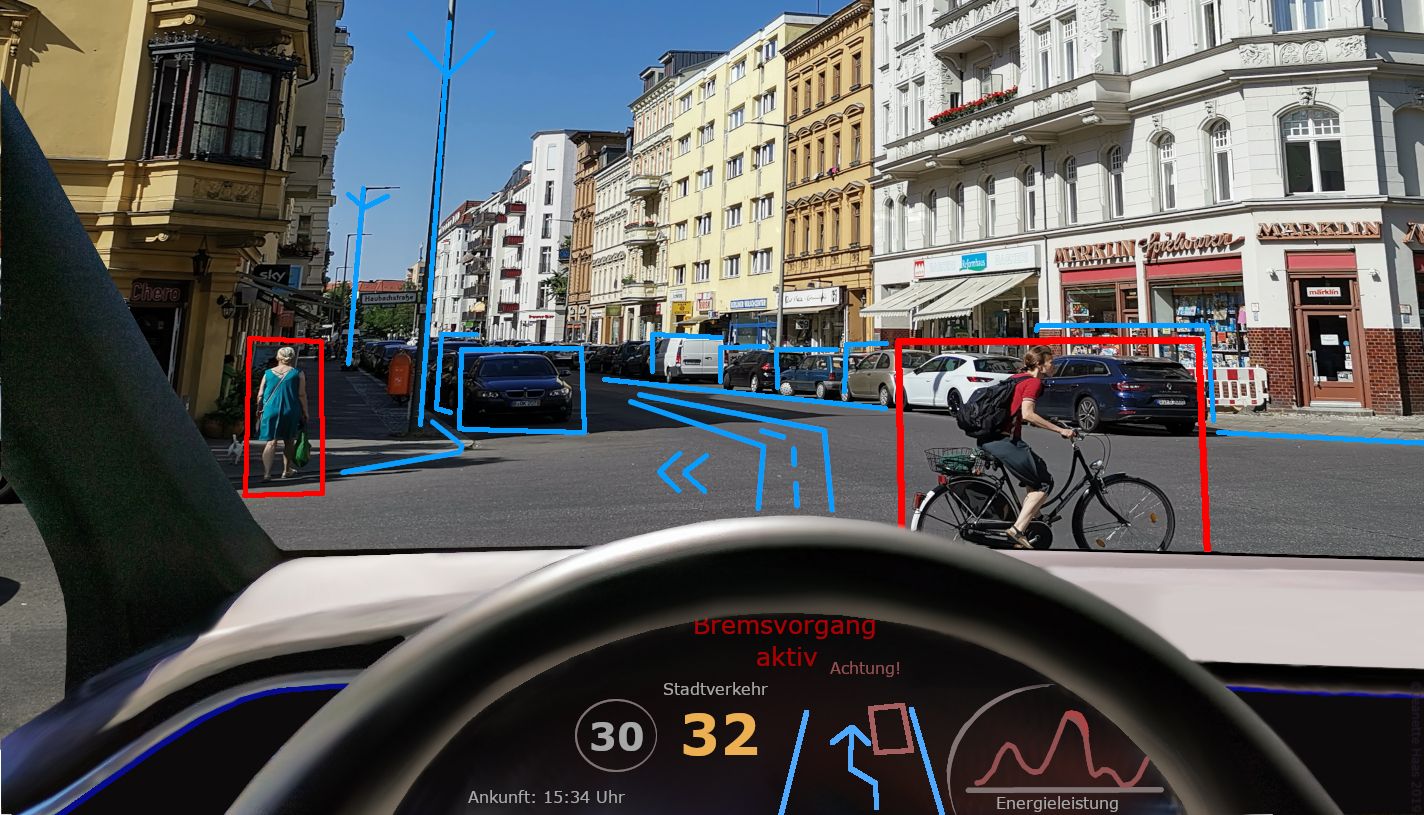
2. **Nissan’s Shocking Admissions: Sexual Activity, Health, and Genetic Data**When it comes to the sheer breadth and audacious scope of data collection, one car brand has been singled out as particularly egregious: Nissan. The Japanese car manufacturer’s privacy policy, as meticulously revealed in a Mozilla Foundation report, openly admits to collecting an astonishingly wide spectrum of highly personal and sensitive information from its users. This includes categories of data that would undoubtedly raise significant alarms for even the most tech-savvy and privacy-conscious consumers, pushing the boundaries of what is considered acceptable corporate practice.
Specifically, Nissan’s 2023 privacy statement initially contained explicit mention of collecting “Sensitive personal information, including…sexual orientation, sexual activity…health diagnosis data, and genetic information.” While their most recent policy has reportedly omitted direct mention of “sexual” and “genetic” information after public outcry, the initial admission alone serves as a stark warning about the potential scope of automotive data harvesting. Beyond these incredibly sensitive categories, Nissan’s policy also stipulated their capacity to collect “preferences, characteristics, psychological trends, predispositions, behavior, attitudes, intelligence, abilities, and aptitudes,” with a profound lack of specificity regarding how this data is collected or its precise intended use. Adding to the concern, Nissan’s policy indicated their ability to “share and sell” this vast trove of personal data to a wide array of third parties, including data brokers and law enforcement, raising profound ethical questions about the commodification of individual privacy.
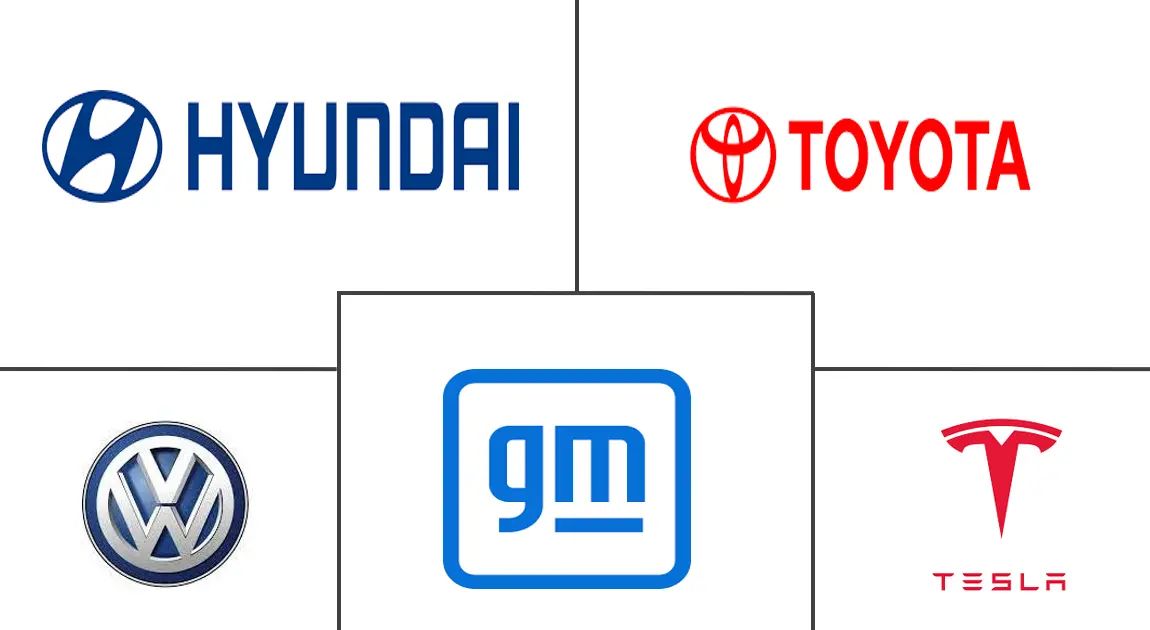
3. **A Rogue’s Gallery of Offenders: Volkswagen, Toyota, Kia, and Mercedes-Benz**While Nissan may have earned the unenviable distinction of being labeled the worst offender for egregious data collection, they are, alarmingly, far from alone in their problematic privacy practices. The Mozilla report identified a troubling roster of other major automotive brands whose policies and integrated vehicle features raise significant concerns, collectively contributing to the industry’s pervasive and systemic privacy failings. These companies, despite their global presence and trusted reputations, are actively engaging in practices that fundamentally compromise user data.
Volkswagen, for instance, collects demographic details such as age and gender, alongside intricate driving behaviors like seatbelt usage and braking habits, leveraging this for targeted marketing purposes. Toyota, another colossal automotive giant, presents a different but equally formidable challenge to privacy-conscious consumers, featuring a “near-incomprehensible galaxy of 12 privacy policy documents,” an unreasonable barrier for any consumer attempting to understand their rights. Kia’s privacy policy distressingly echoes some of Nissan’s disclosures, explicitly stating the company’s capacity to collect information about a user’s “sex life.” Meanwhile, Mercedes-Benz manufactures certain models with TikTok pre-installed, a decision particularly concerning given TikTok’s own well-documented privacy issues, effectively integrating a known data risk directly into the vehicle’s ecosystem.

4. **The Unanimous Verdict: No Car Brand Passes Mozilla’s Privacy Test**Perhaps one of the most sobering and universally damning findings from the Mozilla Foundation’s “Privacy Not Included” report is the stark conclusion that not a single car brand reviewed received their coveted “Best Of” designation. In an unprecedented outcome, all 25 of the car brands meticulously scrutinized earned a “Privacy Not Included warning label,” a clear signal that none met their minimum privacy safety standards. This collective failure is particularly shocking given the project’s history of reviewing hundreds of diverse products and apps since 2017, underscoring the severity and widespread nature of the automotive privacy crisis.
Jen Caltrider, lead at Privacy Not Included, openly expressed her profound shock, stating, “The fact that all 25 of the car brands that we reviewed earned our Privacy Not Included warning label is a real shocker.” She highlighted the unprecedented difficulty in offering consumers a “buy this, not that” recommendation, as every single brand demonstrated deeply problematic privacy practices. This suggests a deeply entrenched, systemic issue within the automotive industry, indicating that these are not isolated incidents but rather a pervasive cultural disregard for user privacy. While Renault was identified as the least problematic, this was primarily attributed to its compliance with Europe’s stringent General Data Protection Regulation (GDPR), powerfully underscoring the vital role of robust governmental regulation in safeguarding consumer privacy.

5. **Beyond the Dashboard: How Connected Apps Amplify Data Collection**The rapid proliferation of the “smart car” inevitably brings with it a burgeoning ecosystem of associated applications, and these companion apps introduce an entirely new layer of complexity—and indeed, “creepiness”—to the already precarious automotive data privacy landscape. While initially conceived and marketed for their undeniable convenience, offering features like remote starting capabilities or vehicle location, these applications serve as potent, additional conduits for collecting even more personal data, extending the car’s surveillance reach far beyond its physical confines into the digital realm of our smartphones.
These integrated apps routinely gather a plethora of sensitive information, including precise location data, leveraging the highly accurate GPS capabilities of modern smartphones, and increasingly, various forms of biometric information. The data collected through these mobile applications can then be seamlessly linked back to the vehicle and, crucially, to the individual driver, contributing to the creation of a more holistic, intrusive, and alarmingly detailed profile. Adding significantly to this labyrinthine complexity is the often “convoluted” governance structure surrounding these apps. For instance, BMW USA manages a dedicated app specifically for Toyota vehicles, illustrating how different entities can be intimately involved in the development, management, and data flow of car-related applications, further diminishing transparency and accountability.

6. **The Illusion of Protection: Car Brands’ “Privacy Washing” Tactics**In what often appears to be a calculated effort to assuage growing consumer concerns about data privacy, many car brands actively engage in a practice that experts critically term “privacy washing.” This deceptive tactic involves publicly projecting an image of diligently protecting consumers’ privacy while, in reality, failing to implement substantive, genuine safeguards that would truly empower users or meaningfully restrict the pervasive harvesting of their data. It’s a strategic move designed primarily for public relations, aiming to foster an illusion of responsibility without committing to any profound changes that would impact their data monetization strategies.
A prime example of this “privacy washing” is the widespread adoption by several major car brands of the “automotive Consumer Privacy Protection Principles.” While signing onto such a document might, at first glance, appear to be a positive step, the Mozilla report critically highlights a fundamental flaw: these principles are explicitly described as “nonbinding and created by the automakers themselves.” This inherent conflict of interest means the very entities poised to profit from extensive data collection are also setting their own, often lenient rules for its handling, with a complete absence of independent oversight. Furthermore, signatories frequently fail to adhere to their own stated commitments, such as “Data Minimization,” underscoring the superficial nature of “privacy washing” and leaving consumers with a false sense of security while their data continues to be harvested extensively.

7. **Consent: A Concept Lost in the Driver’s Seat and Beyond**One of the most foundational and ethically crucial pillars of data privacy is informed consent, yet in the modern automotive sector, the notion of meaningful consent appears to be largely nonexistent or severely undermined. For a significant number of car brands, the mere act of an individual being present within a vehicle is deemed sufficient to trigger an automatic presumption of consent to their often-extensive and intrusive data collection practices, effectively stripping individuals of their autonomy and their inherent right to choose regarding their personal information.
Subaru, for example, explicitly states in its privacy policy that by simply being a passenger, an individual is considered a “user,” and by being a user, they are deemed to have “consented to their privacy policy.” This creates an untenable situation where even casual passengers, often unaware of these policies, are unwittingly surrendering their data rights. To compound this dilemma, several car brands attempt to shift the burden onto drivers, noting that it is “a driver’s responsibility to tell passengers about the vehicle’s privacy policies”—a task that is not only impractical but rarely, if ever, performed. As security and privacy expert Thorin Klosowski from the Electronic Frontier Foundation points out, during a car purchase, privacy considerations are frequently “the last thing on a car buyer’s mind,” demonstrating how easily complex legal agreements can circumvent true informed consent.

8. **The Labyrinthine World of Automotive Privacy Policies**Beyond the sheer volume of data collected, the clarity—or rather, the profound lack thereof—in how this data is managed presents another significant layer to the automotive privacy crisis. The industry’s privacy policies and processes are notably poor, often characterized by being confusing, lengthy, and vague, making it exceptionally difficult for consumers to comprehend what they are agreeing to. Brands like Audi and Tesla are cited for their opaque policies, while Toyota takes the crown for bewildering complexity with a staggering “near-incomprehensible galaxy of 12 privacy policy documents,” an unreasonable number for any consumer to navigate effectively. This intentional obfuscation acts as a formidable barrier, preventing individuals from truly understanding the extent of data collection and their rights.
The difficulty in obtaining clear information extends beyond policy documents. Mozilla researchers frequently encountered challenges when trying to discuss privacy concerns, with 12 companies representing 20 car brands failing to respond to their emails. This lack of transparency and accessibility further underscores a systemic disregard for consumer understanding and empowerment. When combined with the high-stakes nature of modern vehicle purchases—where privacy is often “the last thing on a car buyer’s mind,” as Thorin Klosowski of the Electronic Frontier Foundation points out—these impenetrable policies effectively circumvent any true informed consent, leaving buyers vulnerable to practices they can neither scrutinize nor challenge.

9. **Law Enforcement’s Easy Access: Formal and Informal Requests**The extensive data collection by modern vehicles introduces a chilling dimension regarding its potential sharing with governmental and law enforcement entities. Car brands’ privacy policies often contain clauses that allow them to disclose personal information to authorities under surprisingly lax conditions. Hyundai, for example, explicitly states it can share data with law enforcement and governments based on “formal or informal” requests.” This revelation is particularly alarming, as it sets an incredibly low bar for accessing highly sensitive personal information, eroding the expectation of privacy that most individuals assume they have within their own vehicles.
Similarly, Kia’s policy notes the company “may share data in many scenarios ‘if, in our good faith opinion, such is required or permitted by law.'” This broad discretion grants car manufacturers significant leeway to hand over user data without necessarily requiring a robust legal mandate like a court order. The implication is profound: what happens within the perceived private space of your car could easily be disclosed to authorities, not just in cases of serious crime, but potentially for trivial or ambiguous reasons. This practice fundamentally challenges the notion of due process and raises serious questions about who ultimately controls the vast troves of data our cars collect and under what circumstances it can be released.
10. **The Inevitable Breach: When Your Car’s Data Goes Rogue**In an era where data breaches have become an unsettlingly common occurrence across various industries, the automotive sector is no exception. The pervasive collection of sensitive personal information by connected cars significantly amplifies the risks associated with these digital vulnerabilities. Serious data leaks and breaches are not just theoretical concerns but ordinary incidents within the industry, demonstrating a critical failure in safeguarding the vast amounts of intimate data that vehicles harvest. The consequences of such breaches can range from deeply invasive privacy violations to significant financial and personal security risks for consumers.
One particularly egregious example involved Tesla employees, who were reported to have internally circulated intimate footage captured by consumers’ cars for their own amusement. This incident underscores not only the vulnerability of the data itself but also the potential for internal misuse and a disturbing lack of respect for user privacy within corporate environments. Furthermore, major breaches have seen companies like Volkswagen and Toyota leak the personal information of millions of customers, highlighting the systemic nature of these security weaknesses. As our cars become increasingly interconnected, the threat of malicious actors or careless insiders accessing, exploiting, or publicly exposing our most private moments and personal details becomes an ever-present and chilling reality that demands far more robust protective measures.

11. **The Illusion of Agency: Consumers’ Powerless Position**Despite the escalating privacy concerns, consumers find themselves in an alarmingly disempowered position when it comes to controlling the data collected by their vehicles. The options available for safeguarding personal information are severely limited, creating an illusion of agency where, in reality, meaningful choice is largely absent. While individuals might consider opting out of certain car apps or connected services, doing so often carries a prohibitive cost: it “might mean their car doesn’t work properly — or at all.” This coercive dynamic effectively forces consumers to choose between the functionality of their expensive purchase and their fundamental right to privacy.
This predicament starkly illustrates that consumers have “almost zero control and options in regard to privacy, other than simply buying an older model.” In essence, the price of modern automotive convenience and safety features often includes an unavoidable surrender of personal data. This technological straitjacket highlights a significant regulatory lag, as “Regulators and policy makers are behind on this front.” Without updated legislation and stronger consumer protections, individuals are left with little recourse, caught between the desire for advanced vehicle capabilities and the profound invasion of their digital lives, underscoring the urgent need for systemic changes that prioritize user control over data.

12. **The Goldmine on Wheels: The Lucrative Data Monetization Market**The intense drive by car manufacturers to collect vast quantities of personal data is far from an altruistic endeavor; it is deeply rooted in the immense financial potential of data monetization. Experts project a staggering future for this market, with analysts estimating that “by 2030, car data monetization could be an industry worth $750 billion.” This figure underscores the powerful economic incentive driving the industry’s pervasive data harvesting practices, transforming vehicles into literal “goldmines on wheels.” The value of driver data alone has been estimated at a substantial “$400 billion,” revealing why companies are so reluctant to implement genuine privacy safeguards that might curb this lucrative revenue stream.
The unsettling truth, as articulated by Andrea Amico, founder and CEO of Privacy4Cars, challenges conventional consumer wisdom: “The saying in Silicon Valley is, ‘If you’re not paying for the product, you’re the product.’ But what’s strange with cars is that the average new car costs almost $50,000. You’re still the product.” This means consumers are not only paying a premium for their vehicles but are also effectively paying with their personal data, which is then bought and sold, often without their full understanding or explicit, informed consent. A tangible impact of this data sharing is seen when “Some new car owners have seen their premiums go up after their insurance company received their driving data,” demonstrating how seemingly innocuous driving habits can be used against consumers for financial gain, encompassing everything from hard braking to the specific areas and times of day one drives.

13. **The ‘Kill Switch’: Remote Control and Public Safety Mandates**Beyond the privacy implications of data collection, a more overtly controlling technology looms large: the “kill switch.” This controversial feature allows external parties, such as dealers or even the government, to remotely shut off a vehicle. While some used car dealers already employ these devices to disable cars when buyers fall behind on payments, thereby leveraging technology for financial enforcement, the scope of this technology is expanding in potentially unprecedented ways. The very notion of an external entity possessing the power to immobilize one’s personal vehicle raises profound questions about autonomy, emergency situations, and the potential for abuse.
Further amplifying these concerns, a federal mandate for a kill switch in all vehicles sold after 2026 was subtly “embedded into the 2021 Infrastructure Investment and Jobs Act.” This legislative move has sparked considerable debate, with some in Congress actively seeking its removal, signaling widespread apprehension about governmental oversight of private vehicles. Michael Hanson of the Governors Highway Safety Association testified that “the technology is very near to being developed that would allow for a passive type of system that would detect when a driver has an alcohol concentration above a predetermined level and that would not allow the vehicle to be operated.” This illustrates a future where safety mandates, while well-intentioned, could pave the way for real-time, remote intervention in a car’s operation, fundamentally altering the relationship between driver and vehicle.
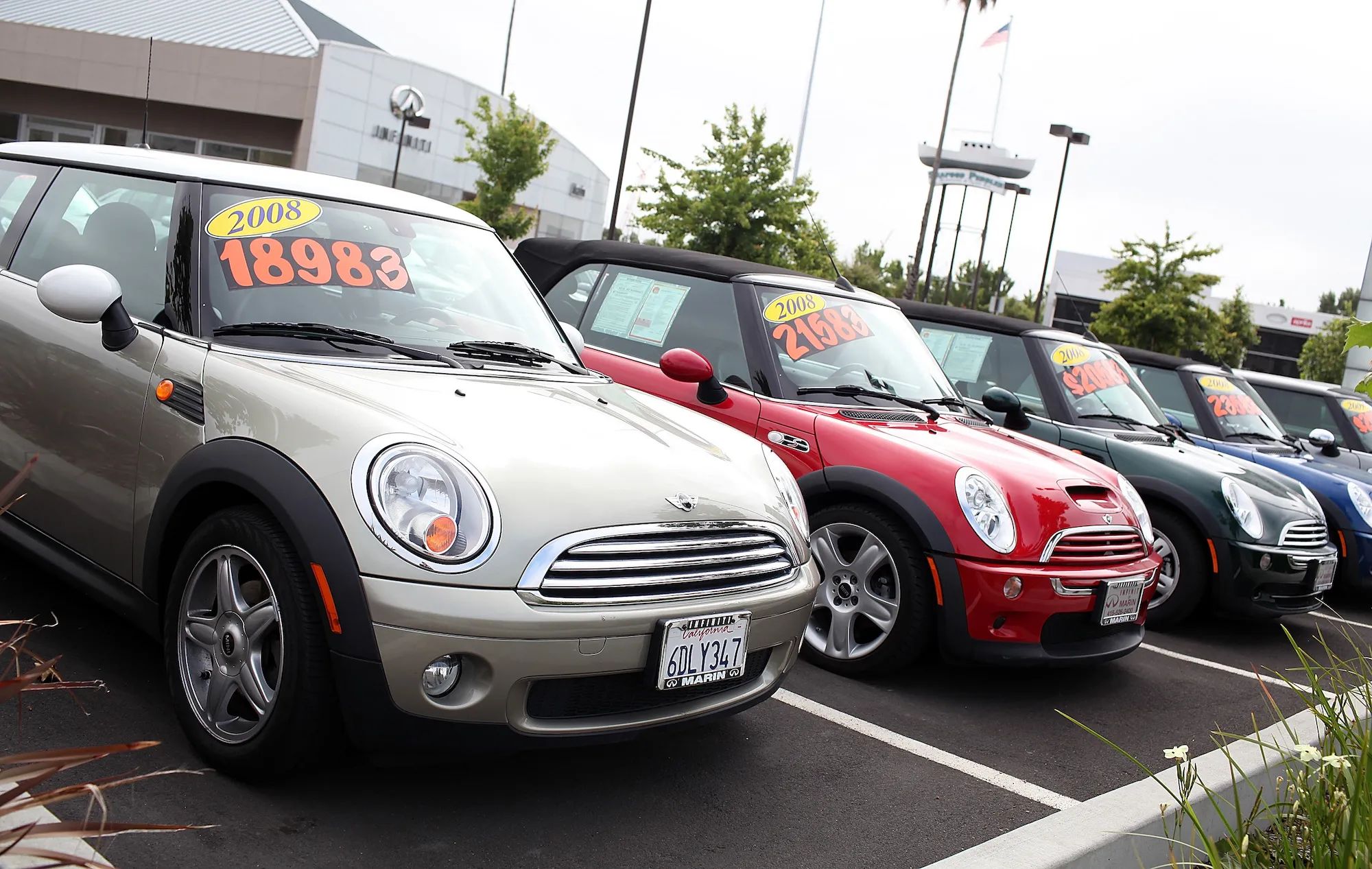
14. **The Lingering Digital Footprint: Privacy Challenges in Used Cars**The privacy nightmare doesn’t end when a car changes hands; in fact, the used car market introduces its own distinct and alarming set of privacy problems. Unlike personal devices like phones, which are typically wiped clean before resale, vehicles often retain a wealth of personal data and connectivity settings from previous owners, creating a digital ghost in the machine that can compromise the privacy of both past and present drivers. This oversight can lead to startling revelations and a complete breakdown of expected digital hygiene.
A striking example was shared by a YouTuber who discovered that after selling his Volvo, the new owner never bothered to reset the car’s security profile. This astonishing lapse allowed the previous owner to remotely access the car’s data through an app. “So I can log in to my app and I can see every single place that the new owner has gone, from the school their kids go to, the church, to where they work, to where their house is, physical address, right in the driveway. I know everything about them,” the YouTuber recounted. This anecdote starkly illustrates how personal travel patterns, daily routines, and even home addresses of subsequent owners can remain accessible to prior owners, highlighting a critical and often overlooked vulnerability in the lifecycle of connected vehicles. The onus is placed on buyers, whether new or used, to meticulously “shut off as much of the data collection as possible” by diving into “the settings of the infotainment system” and associated apps, a task often forgotten amidst the excitement of a new purchase, thereby perpetuating the privacy nightmare across vehicle ownership.
The road ahead for automotive privacy is undeniably complex, fraught with challenges that extend far beyond the dashboard. From impenetrable privacy policies and the casual sharing of our most intimate data with law enforcement to the looming threat of data breaches and the chilling prospect of remote vehicle control, the modern car has become a pervasive, all-seeing eye. The lucrative data monetization market, where our driving habits and personal details are commodities, further solidifies this unsettling reality. While polling consistently shows an overwhelming majority of car buyers want to control their own data, the current landscape offers little in the way of meaningful choice. As we collectively navigate this new era of connected vehicles, the urgent call for robust regulation and a fundamental shift in industry practices resonates louder than ever, reminding us that true freedom on the open road must once again include the fundamental right to privacy.

